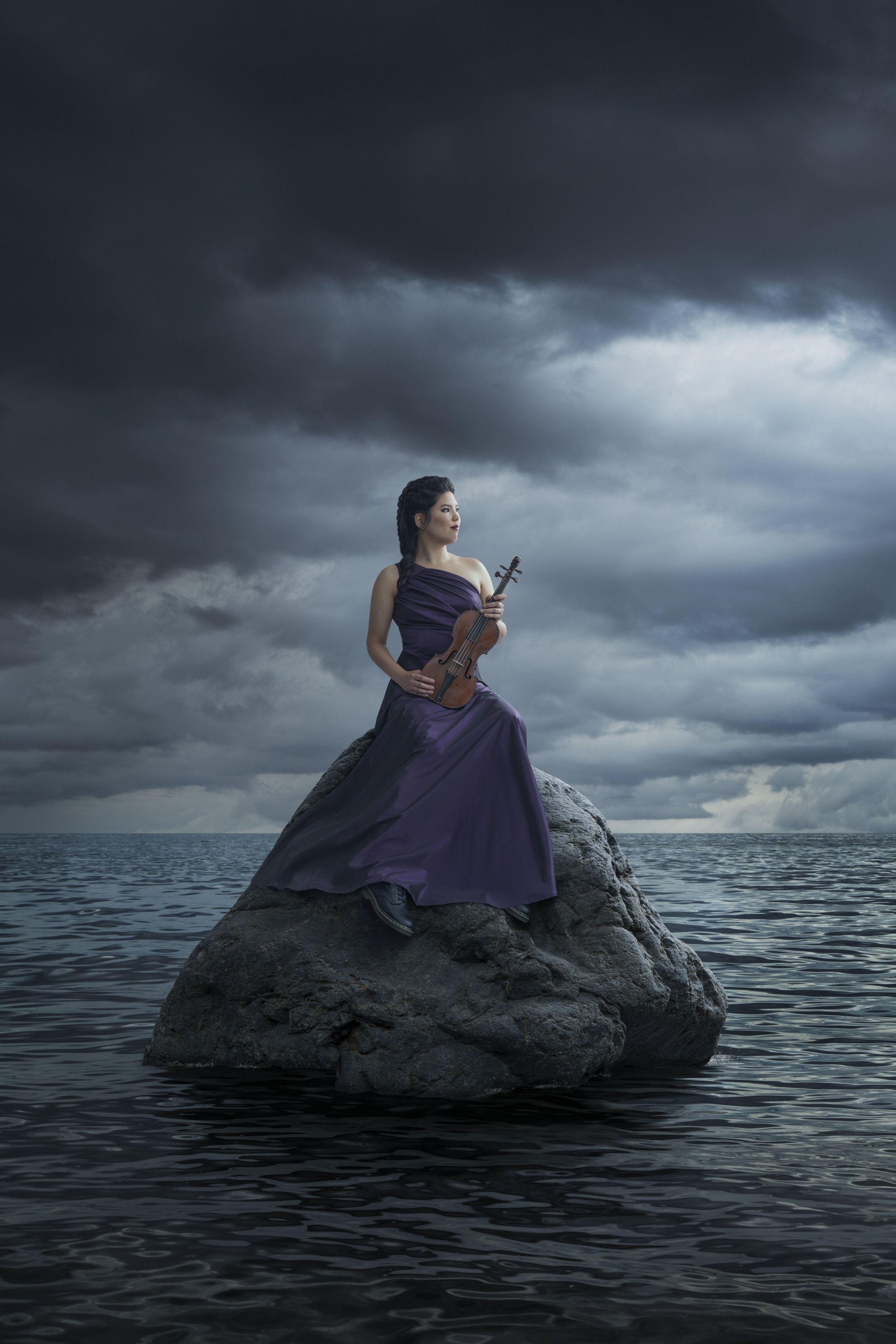All about Rachell Ellen Wong
What inspired you to become a concert violinist?
My parents were the ones who started me on violin when I was 6. It has always been through their support and the amazing teachers I had that led me to choose this career path. I realized when I was young that I loved performing for people. I really disliked practicing, but performing the music I loved gave me so much energy that I knew it was something I needed to do. I had always thrived in competitive environments and was doing a lot of sports growing up. I felt that competitive energy every time I would get up on stage - except it wasn’t with anyone else, it was just with myself! I love challenges and playing violin definitely gives you many. I also come from a working class background, and realizing that playing the violin could open up a lot of opportunities for me that I might not have had if I didn’t choose to go into music. I had never gotten to travel very far, and when I started going to different countries the world became such a complex and diverse place for me. I feel very lucky to get to meet and learn from all the people I meet on my travels, which has enriched my life and music making a lot.
How does your experience with Baroque violin shape your playing on modern violin?
Learning the baroque violin has opened up many possibilities that I never knew existed. I love playing on strings made of sheep gut and exploring the many models of bows that were being used. In addition, being able to play the violin without a chin and shoulder rest frees your body up and also released a lot of tension that I had prior to playing historical instruments. I know how it feels to play Bach with a baroque bow, and having that sensory experience makes it easier to duplicate it on the modern violin. Same thing with the gut strings - you can create many different colors and depths of sounds in the string and it is fun experimenting on modern strings to get the same colors.
Another way that it has shaped my modern violin playing has been introducing me to composers I might not have heard of. When I was growing up, if someone asked me what I thought baroque music was I would only think of Bach and Vivaldi - now I know hundreds more composers that were extremely important, some so important that without them Bach’s music might not have existed! As you keep going forward in music history, you realize just how influential these baroque composers were on later music eras. And how looking back at a musical language can give you so much more context when playing classical or romantic music.
What are you most looking forward to in 2023?
Musically, I’m most looking forward to the many collaborations I will get to have, continuing my work with my ensemble Twelfth Night, and getting to perform Sarasate’s Carmen Fantasy on gut strings. I’m also excited about getting married in August!

